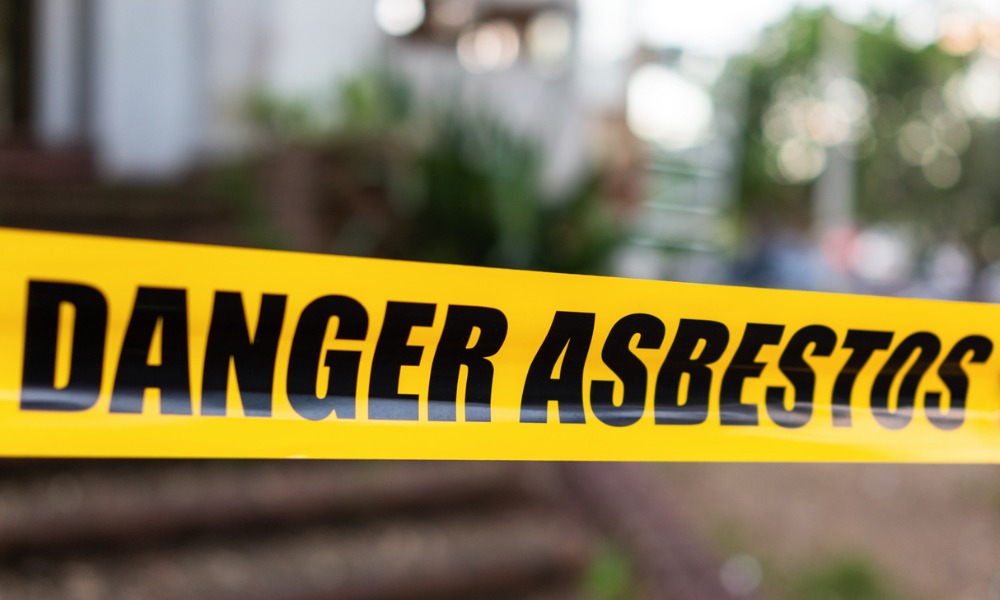
Workplace with toxic mould led to respiratory infection or allergic condition, woman alleges

The Federal Court recently refused to overturn the rejection of a disability support pension (DSP) application upon finding that the decision had a sound legal and evidentiary foundation.
In 2006, the appellant in this case opened a lingerie store in Brighton, Victoria. The building allegedly exposed her to asbestos and toxic mould and led to various medical issues, including panic attacks and a respiratory infection or an allergic condition.
In 2011, she left the premises and stopped working. However, she allegedly continued to experience health problems. In 2015, the appellant unsuccessfully applied for a DSP, which aims to provide income support to certain individuals with physical, intellectual, or psychiatric impairments.
A series of reviews followed. Eventually, the Administrative Appeals Tribunal agreed with the denial of DSP. The appellant lacked a rating of at least 20 points under the impairment tables and lacked an inability to work under s. 94 of the Social Security Act 1991, the appeals tribunal found.
In the wake of this unfavourable decision, the appellant took the case to Australia’s Federal Court. She challenged the appeals tribunal’s consideration of the evidence, its application of the relevant legal tests under the Social Security Act, and its findings regarding the assessment of her medical conditions, including her mental health and respiratory issues.
In Spaleta v Secretary, Department of Social Services [2024] FCA 916, the Federal Court saw no errors of law in the appeals tribunal’s decision, dismissed the appeal, and ordered the appellant to pay the costs of the secretary of the Department of Social Services. The appeals tribunal appropriately weighed the evidence and applied the correct legal standards, the court said.
The court agreed with the appeals tribunal’s determination that the appellant’s respiratory and allergic conditions were not fully treated or stabilised, given that further medical tests and treatments were recommended but not completed. Evidence, including reports from treating doctors, supported the appeals tribunal’s decision, the court added.
The court rejected the appellant’s argument that the appeals tribunal ignored evidence given by a psychiatrist when it found that her mental health condition was not fully treated and stablised. The court found that the appeals tribunal did consider the report but concluded that the condition was not fully stabilised due to ongoing treatment requirements.
The court also disagreed with the appellant’s claim that the appeals tribunal failed to consider the impact of psychiatric treatments and medication costs on her condition. The court held that the appeals tribunal addressed this issue and made no error in reaching its conclusion.
Lastly, the court ruled that the appeals tribunal was entitled to find that the appellant’s conditions did not meet the 20-point threshold under the impairment tables and that she did not have a continuing inability to work based on the evidence presented.